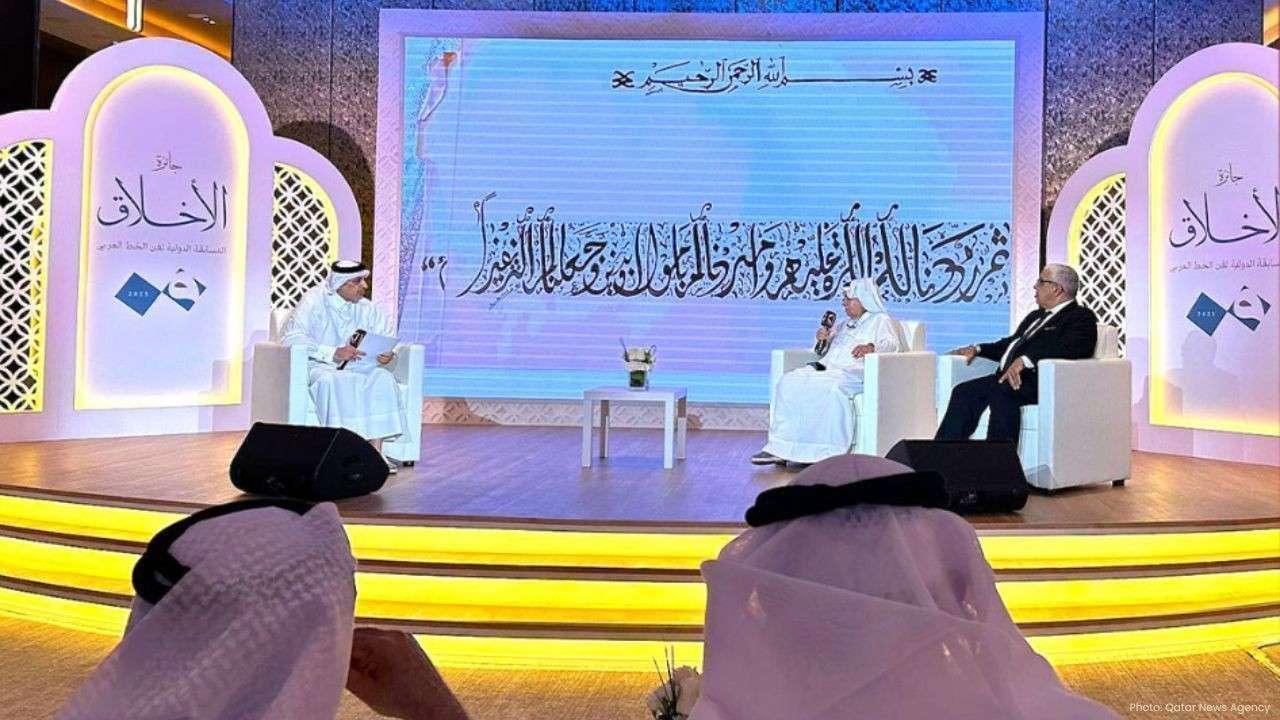
Post by : Mumtaaz Qadiri
The finals of the Akhlaq Award, a major international competition to revive Arabic calligraphy, were concluded in Doha. The event attracted participants from different parts of the world and aimed to combine cultural heritage with ethical values. The closing activities created an atmosphere of learning, celebration, and cultural pride, as calligraphers and art lovers came together to honor the beauty of Arabic script.
Organized By Ministry Of Culture
The competition was organized by the Ministry of Culture. The ministry emphasized the importance of preserving Arabic calligraphy as part of cultural and Islamic identity. By launching this award, the ministry sought not only to highlight the artistic value of calligraphy but also to connect it with moral and ethical messages. The award served as a reminder that art can be both beautiful and meaningful.
Final Symposium Focused On Engineering Of Calligraphy
One of the most important parts of the final day was the last symposium, which dealt with the concept of "calligraphy engineering." This topic explored how Arabic letters, words, and designs are carefully constructed to create harmony and balance. The symposium attracted both experts and admirers of Arabic script who wanted to deepen their understanding of how structure and creativity work together in calligraphy.
Participation Of Renowned Artists
The closing event featured well-known figures in the field of art and calligraphy. Visual artist Youssef Ahmed Al Humaid and international calligrapher Belaid Hamidi were the key speakers. They shared their insights about Arabic calligraphy, its history, and its role in modern times. Their presentations reflected not only artistic techniques but also a broader vision about how culture and ethics can be communicated through art.
Moderation And Dialogue
The discussion was moderated by Saleh Al Obeidli, who guided the conversation between the speakers and the audience. His role ensured that the ideas exchanged during the symposium remained clear and engaging for both professionals and newcomers. The dialogue allowed participants to interact with the speakers, ask questions, and gain new perspectives about the practice of Arabic calligraphy.
Praise For Ministry’s Initiative
Both speakers praised the Ministry of Culture for establishing such a unique and meaningful award. They highlighted that the competition was not only about producing artistic works but also about promoting values that are connected to Arab and Islamic heritage. By launching the Akhlaq Award, the ministry succeeded in linking cultural preservation with ethical education.
Calligraphy As Islamic Heritage
The speakers emphasized that Arabic calligraphy is more than just an art form—it is an integral part of Islamic heritage. It has been used for centuries to write religious texts, literature, and historical documents. Preserving this art form means preserving a vital connection with history and identity. The Akhlaq Award, therefore, is not just a competition but a way to protect and revive this important cultural treasure.
Youssef Ahmed’s Reference To Historic Manuscript
During his presentation, artist Youssef Ahmed highlighted a special historical manuscript, the Al Zubarah Quran. This Qur’an was written in the 18th century by Sheikh Ahmed bin Rashid Al Muraikhi. Youssef Ahmed explained that this manuscript represents both spiritual and artistic brilliance and stands as an example of the deep tradition of Arabic calligraphy in the region.
Proposal For A New Competition
Inspired by Sheikh Ahmed bin Rashid Al Muraikhi’s legacy, Youssef Ahmed suggested that a future Arabic calligraphy competition should be named after the late scholar. Such a move would not only honor Sheikh Al Muraikhi but also inspire new generations of calligraphers to connect with the history of their art. The idea was warmly welcomed by the audience as a creative way to keep heritage alive.
Unique Approach Of The Competition
International calligrapher Belaid Hamidi also spoke about the distinctiveness of the Akhlaq Award compared to other global calligraphy contests. He explained that in most competitions, participants submit completed works to be judged. However, in this competition, calligraphers are required to write their pieces live in front of the judging panel. This method demonstrates their real skill, creativity, and mastery of the art under direct observation.
Live Writing Adds Value
The requirement of live writing adds a unique dimension to the competition. It ensures fairness and transparency because judges can see the process, not just the final result. It also highlights the discipline and patience of calligraphers, showing how they manage time, space, and creativity while under pressure. This approach has made the Akhlaq Award stand out as a fair and innovative platform for artistic expression.
Celebration Of Ethical Values
The competition was not limited to technical or artistic excellence. It was deeply connected with ethical values, as suggested by its name, “Akhlaq,” which means morals or ethics. The organizers wanted to remind participants and audiences that art can carry important messages about kindness, respect, and responsibility. This gave the event a moral dimension that set it apart from other purely artistic festivals.
Platform For Cultural Exchange
The finals of the Akhlaq Award also served as a platform for cultural exchange. Calligraphers, artists, and enthusiasts from different countries gathered in Doha to share their experiences and perspectives. This interaction helped build bridges between cultures and encouraged mutual respect. The event strengthened Doha’s role as a hub for cultural and artistic activities on the international stage.
Encouraging Young Calligraphers
The competition also provided an opportunity for young calligraphers to learn from experts and to showcase their talent. By observing live demonstrations, attending discussions, and engaging with established masters, young participants gained valuable insights that will guide them in their own artistic journeys. The award thus plays a key role in nurturing the next generation of calligraphy artists.
Arabic Calligraphy As A Modern Art
Another important point discussed during the finals was how Arabic calligraphy can remain relevant in modern times. Although it is rooted in tradition, it can also be adapted to contemporary forms of design and visual art. Artists explained that calligraphy can be used in modern architecture, digital media, and fashion, showing that it continues to evolve while maintaining its cultural essence.
Inspiring Global Recognition
The Akhlaq Award received global attention because it combined tradition with innovation. By making participants write live and linking the art to ethical values, it inspired international recognition and respect. The award demonstrated that Arabic calligraphy is not just a regional art but a global treasure worth celebrating.
Final Reflections
As the finals wrapped up, participants and audience members left with a sense of pride and inspiration. The event showed how art, culture, and ethics can come together to create something meaningful. It also highlighted the importance of protecting cultural heritage while encouraging creativity and innovation.
The Ministry of Culture expressed its commitment to continue supporting such initiatives in the future. With proposals like naming competitions after historical figures and involving more international participants, the Akhlaq Award is expected to grow in influence. Future editions may expand the scope of the competition and attract even more talented calligraphers from across the world.
The finals of the Akhlaq Award in Doha were more than just a cultural event. They were a celebration of Arabic calligraphy, a platform for promoting ethics, and a symbol of heritage preservation. By combining live performance, global participation, and moral values, the award succeeded in honoring the past while inspiring the future.
Arabic Calligraphy Competition, Doha Cultural Event, Heritage And Ethics


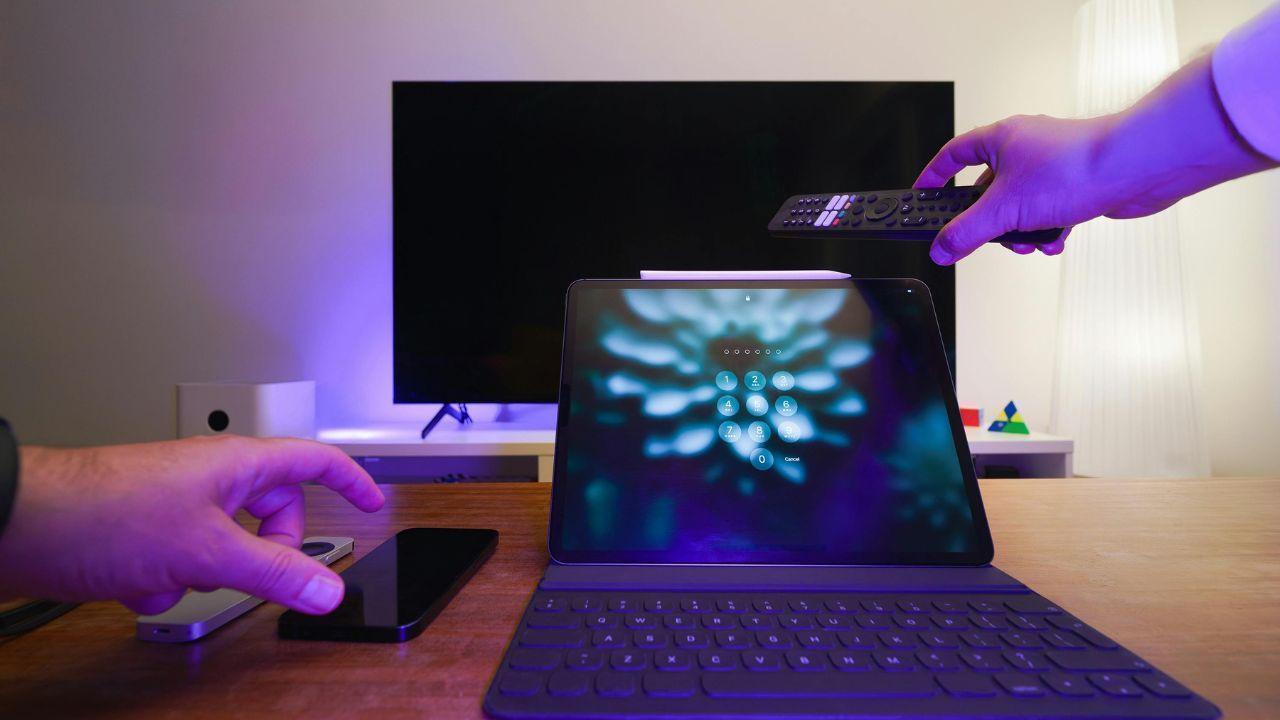

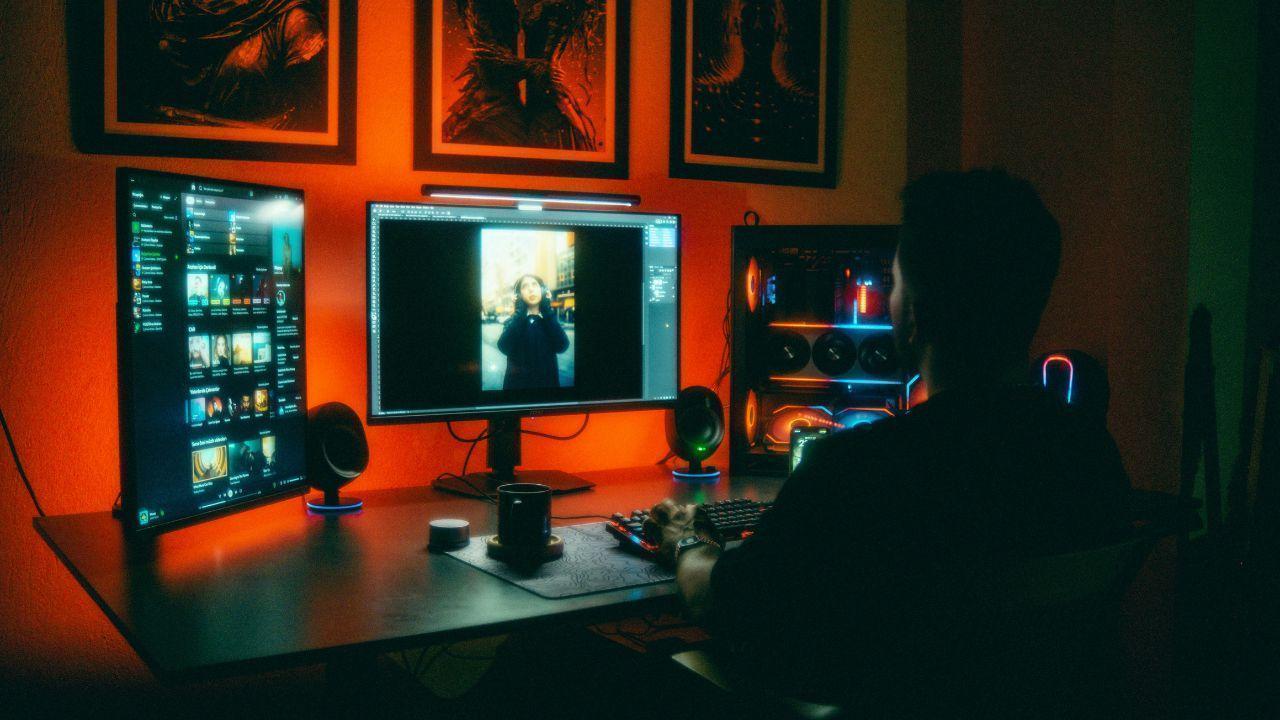
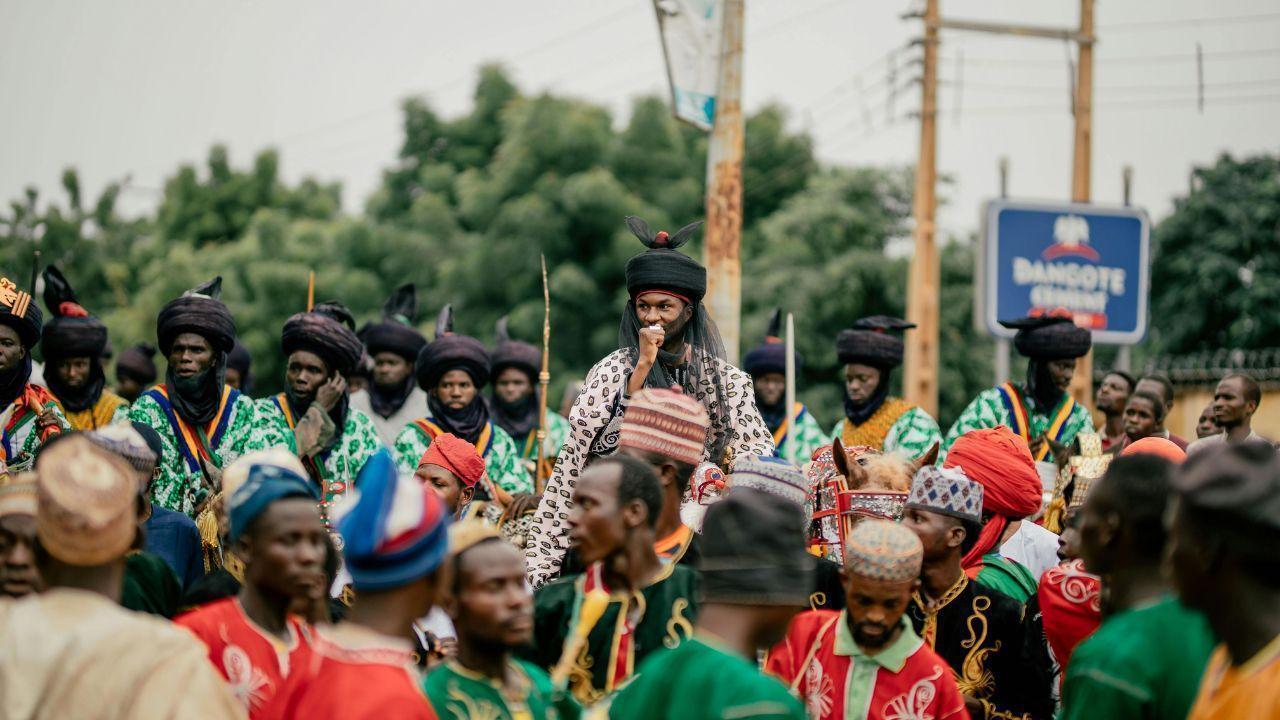
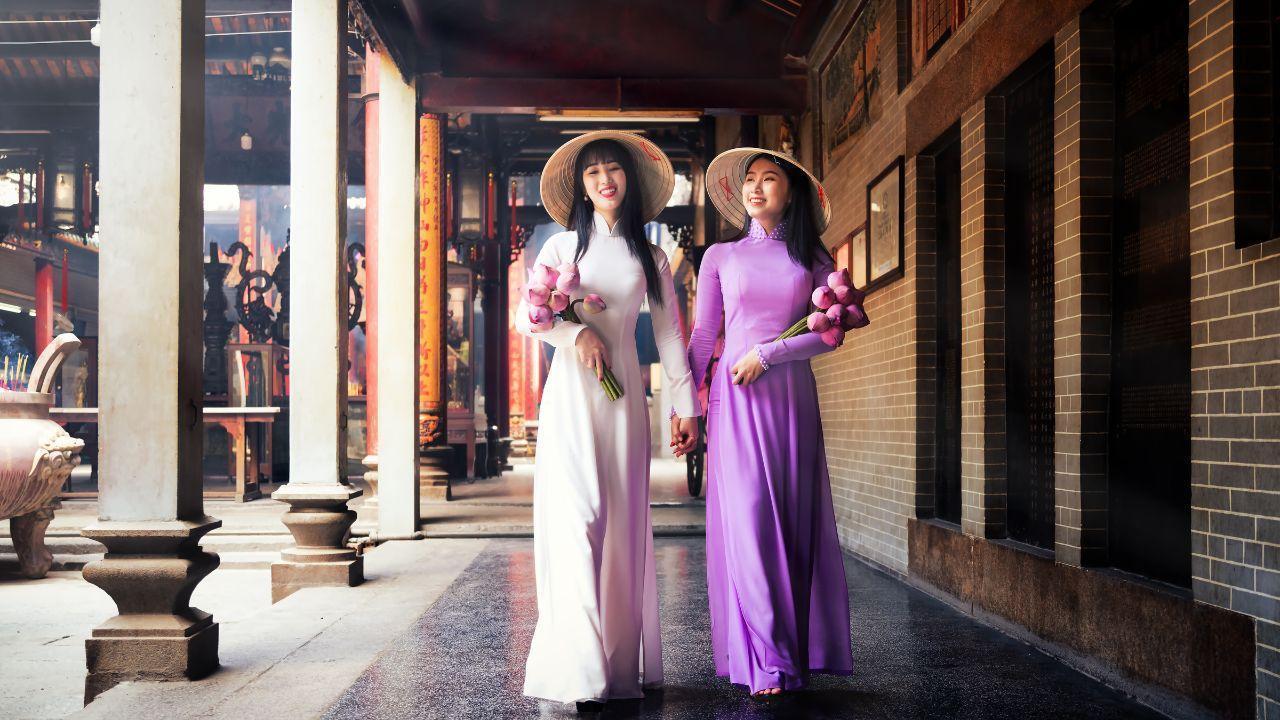
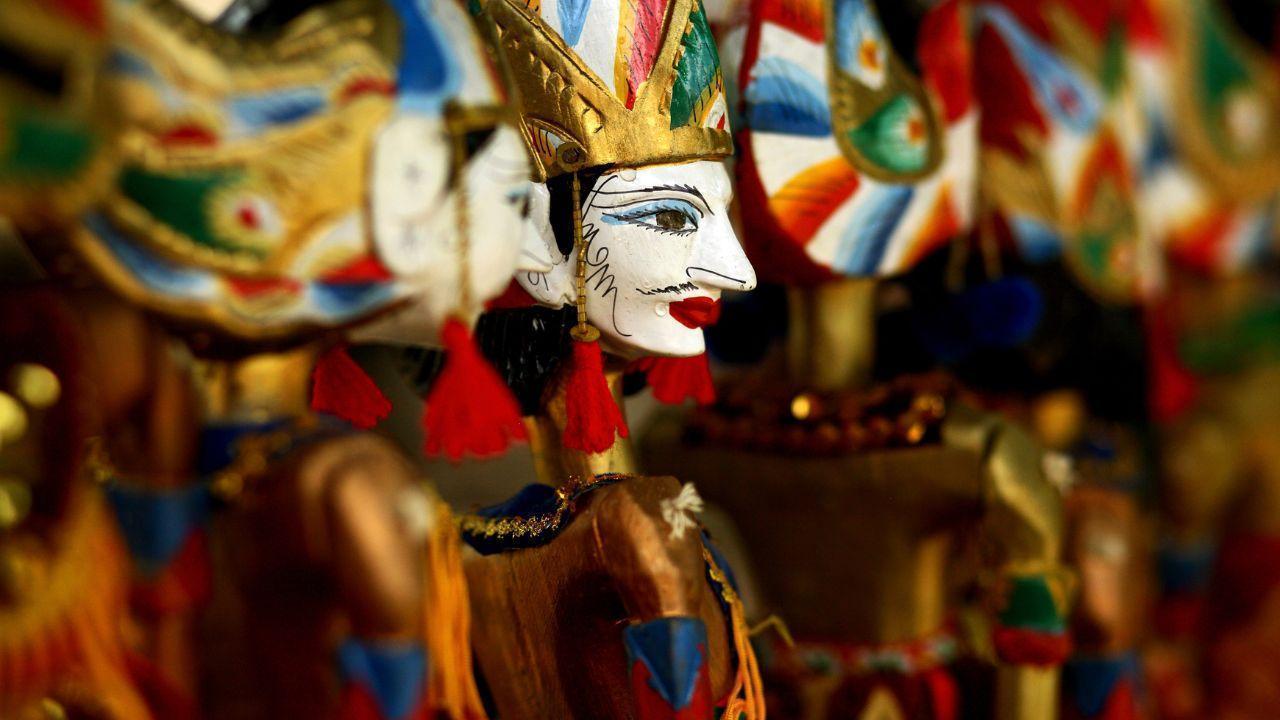
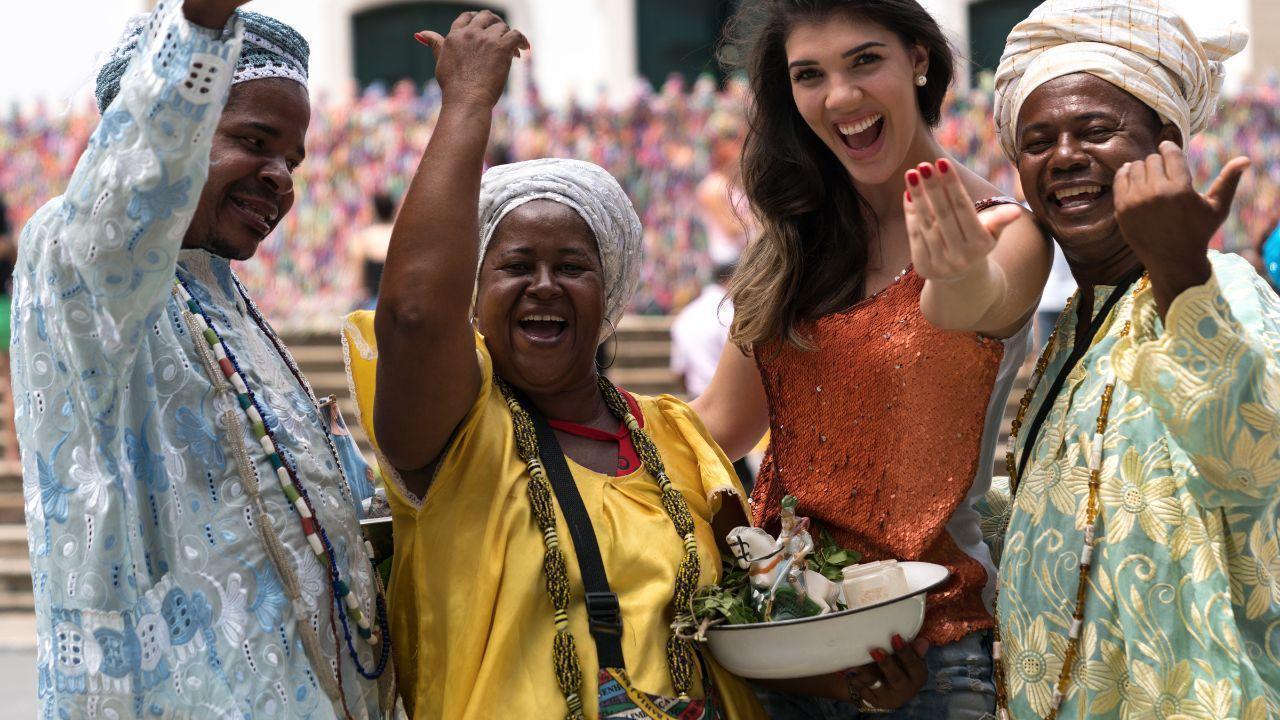
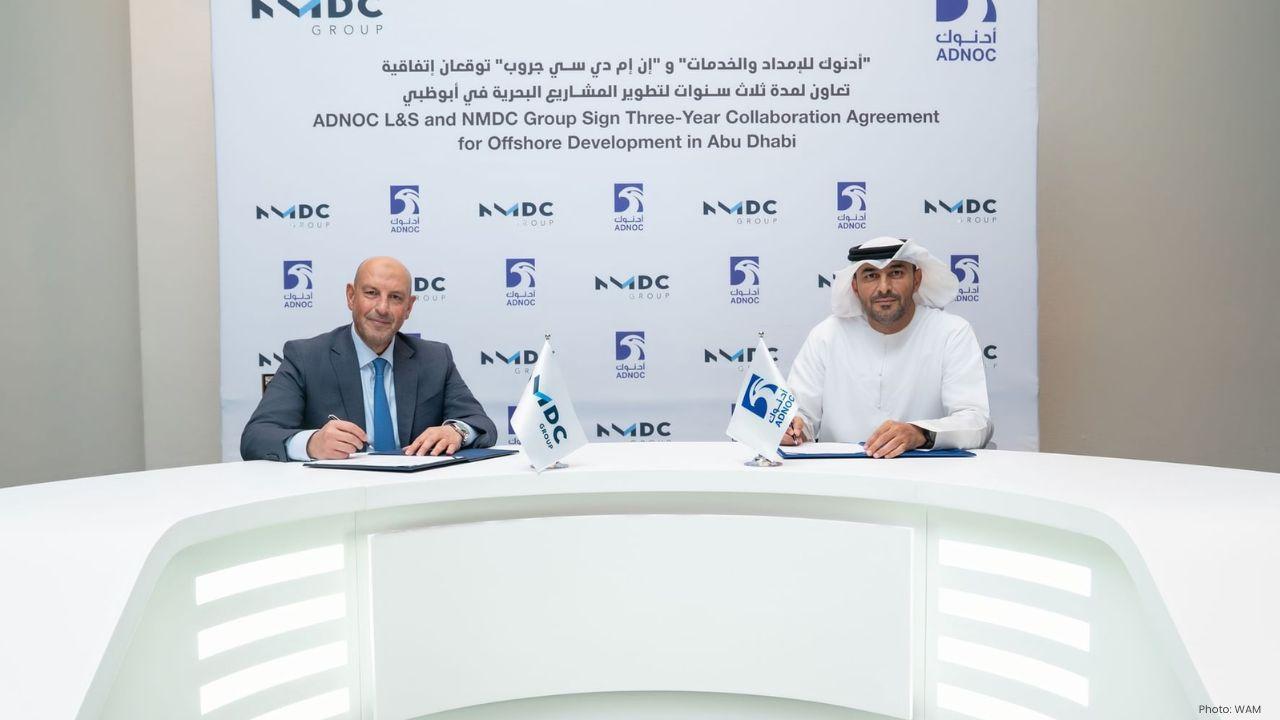
NMDC Group And ADNOC L&S Sign Three-Year Deal For Offshore Work
NMDC Group and ADNOC Logistics & Services sign a three-year deal to deliver maritime services for of

Six Miners Trapped After Earthquake Hits Coal Mine In China
A mining-related earthquake struck a coal mine in Heilongjiang, China, trapping six miners undergrou

Train Collides With Bus In Mexico Killing 10 And Injuring Many
At least 10 dead and 41 injured after a train hit a bus at a rail crossing in Mexico. Authorities co
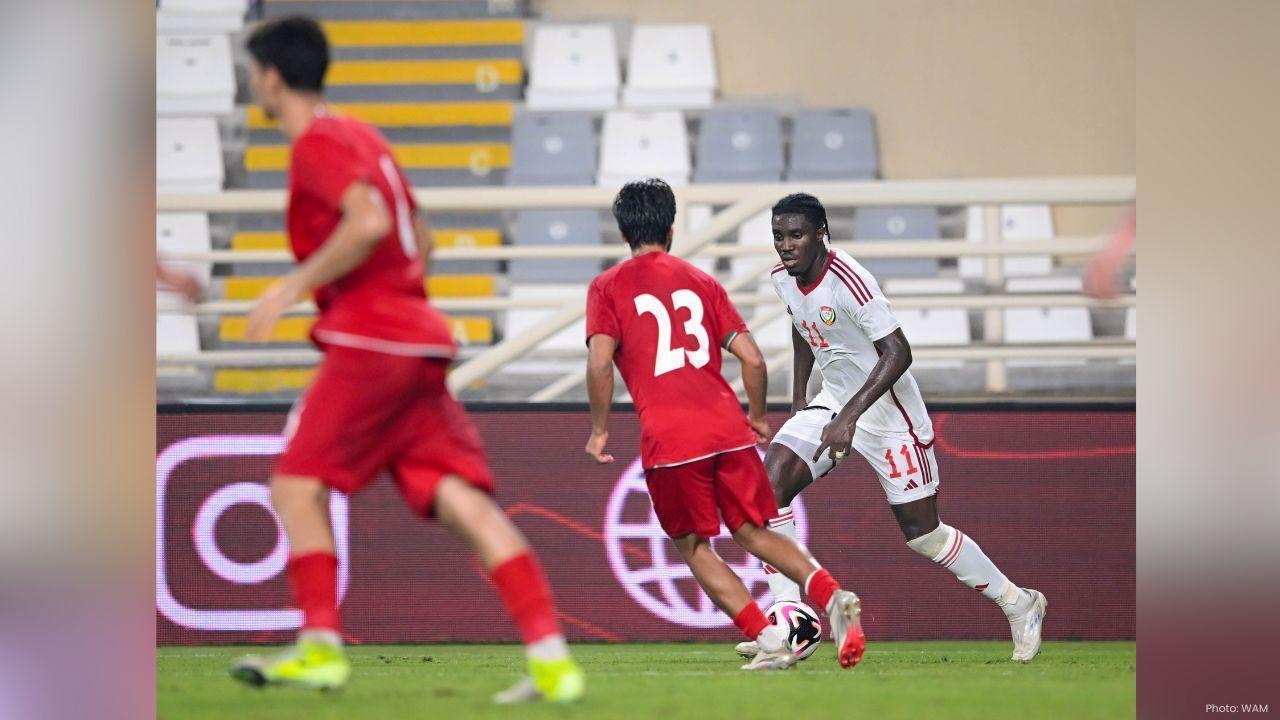
UAE Olympic Football Team Qualifies For AFC U-23 Asian Cup Finals
UAE Olympic football team qualifies for AFC U-23 Asian Cup finals in Saudi Arabia despite 3-2 loss t
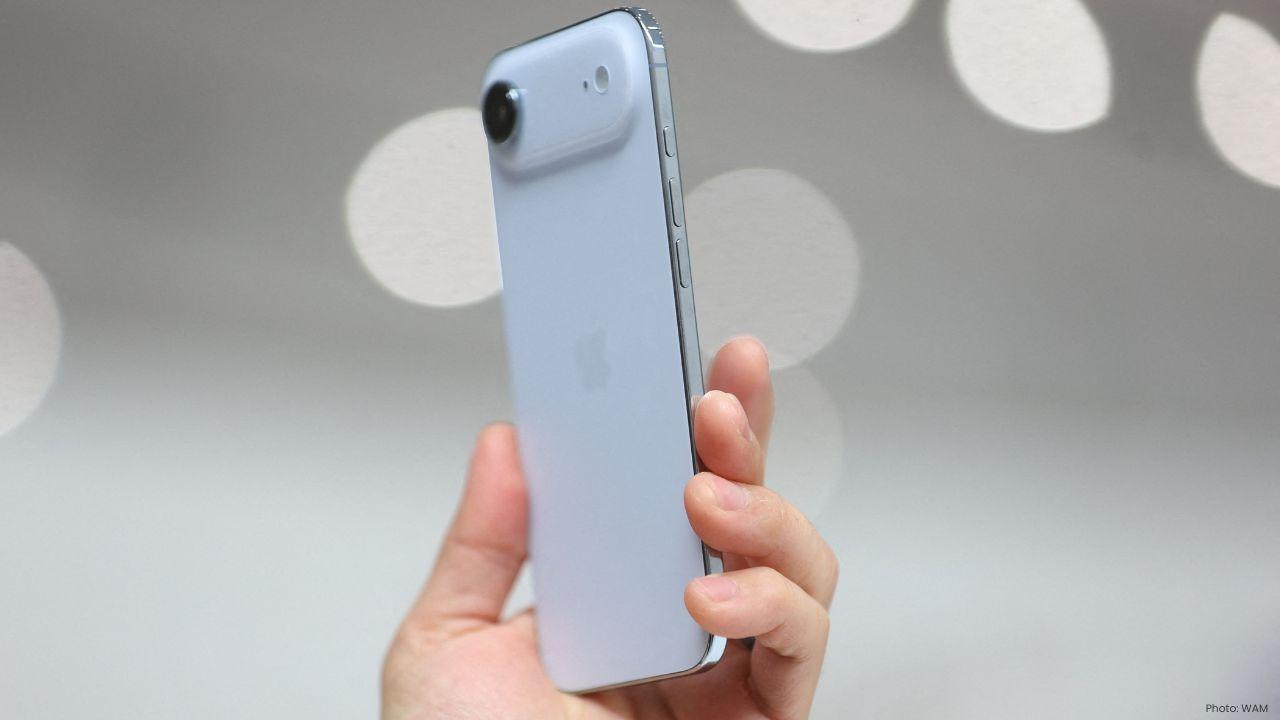
Apple Launches iPhone Air With Thinnest Design & Pro Performance
Apple unveils the new iPhone Air, its thinnest model with pro performance, multiple colors, large st
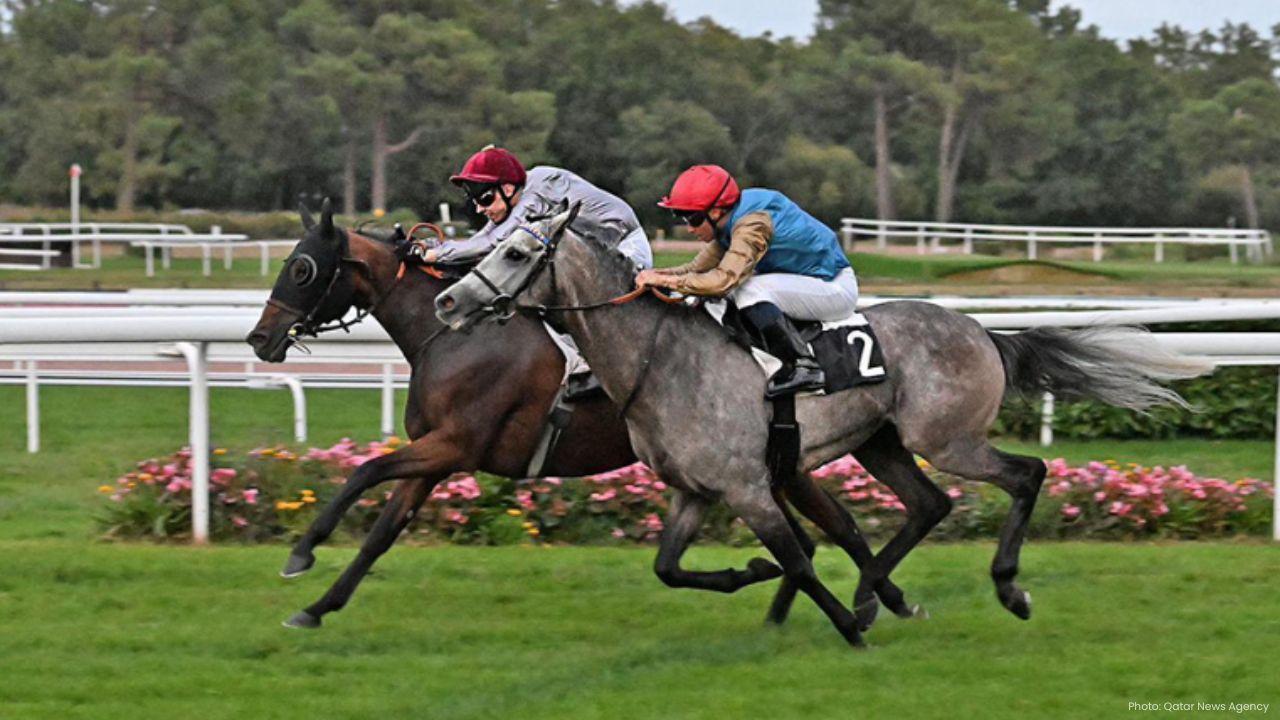
Al Wakrah Wins French Arabian Breeders’ Challenge Sprint Again
Al Wakrah, trained by Jean de Mieulle, wins French Arabian Breeders’ Challenge Sprint in France, mar